Researchers from the University of Toronto have created a shoebox-sized laboratory that can do blood testing in remote, low-resource settings, quickly determining from a drop of blood whether a person has antibodies to specific infectious diseases.
The device, which they called the MR Box—short for measles and rubella, the first diseases for which they tested—is still being fine-tuned. But their hope is that eventually it could be used to test for a variety of diseases, for both outbreak control and research purposes, in parts of the world where conventional lab support is hours—or farther—away, the scientists reported Wednesday.
Device testing was conducted at a refugee camp in Kakuma, Kenya, where pinprick blood samples were examined for antibodies to measles and rubella. But the scientists behind the work said future versions of the mini-lab could be used to test for antibodies to other pathogens and also for the pathogens themselves.
Antibody testing is used to see if someone has been previously infected with, or vaccinated against, a disease agent. Being able to use a test like this to look for who has a targeted disease agent in their blood would help people responding to an outbreak know who was infected and who wasn’t.
“That is the dream, that this type of system with its flexibility could be sent out into the world and really be used very flexibly depending on the conditions on the ground,” said senior author Aaron Wheeler, who leads the lab in which the work was done.
The paper, which also had authors from the Kenyan ministry of health and the Centers for Disease Control and Prevention, was published in the journal Science Translational Medicine.
According to Researchers, Your Breathing Patterns Could Hold the Key to Better Memory
Breathing synchronizes brain waves that support memory consolidation. A new study from Northwestern Medicine reports that, much like a conductor harmonizes various instruments in an orchestra to create a symphony, breathing synchronizes hippocampal brain waves to [...]
The Hidden Culprit Behind Alzheimer’s Revealed: Microglia Under the Microscope
Researchers at the CUNY Graduate Center have made a groundbreaking discovery in Alzheimer’s disease research, identifying a critical link between cellular stress in the brain and disease progression. Their study focuses on microglia, the brain’s immune [...]
“Mirror Bacteria” Warning: A New Kind of Life Could Pose a Global Threat
Mirror life, a concept involving synthetic organisms with reversed molecular structures, carries significant risks despite its potential for medical advancements. Experts warn that mirror bacteria could escape natural biological controls, potentially evolving to exploit [...]
Lingering Viral Fragments: The Hidden Cause of Long COVID
Long COVID, affecting 5-10% of COVID-19 patients, might be caused by the enduring presence of the virus in the body. Research suggests that viral fragments, possibly live, linger and lead to symptoms. Addressing this involves antiviral treatments, enhanced [...]
Hidden Scars: How COVID Lockdowns Altered Teen Brains Forever
Research from the University of Washington revealed that COVID-19 lockdowns led to accelerated cortical thinning in adolescents, impacting brain development significantly. This effect was more pronounced in females than males, raising concerns about long-term brain health. The study [...]
Simple Blood Test To Detect Dementia Before Symptoms Appear
UCLA researchers have identified placental growth factor (PlGF) as a potential blood biomarker for early detection of cognitive impairment and dementia. High PlGF levels correlate with increased vascular permeability, suggesting its role in the development [...]
Investing Goldman Sachs asks ‘Is curing patients a sustainable business model?’
Goldman Sachs analysts attempted to address a touchy subject for biotech companies, especially those involved in the pioneering “gene therapy” treatment: cures could be bad for business in the long run. “Is curing patients [...]
The risks of reversed chirality: Study highlights dangers of mirror organisms
A groundbreaking study evaluates the feasibility, risks, and ethical considerations of creating mirror bacteria with reversed chirality, highlighting potential threats to health and ecosystems. In a recent study published in Science, a team of researchers [...]
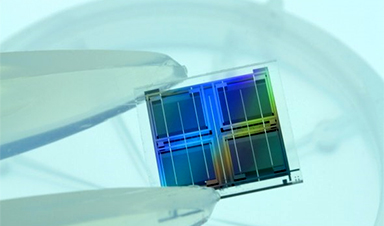
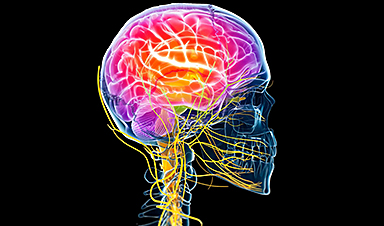
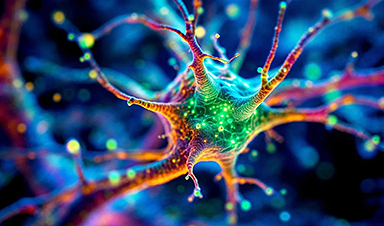


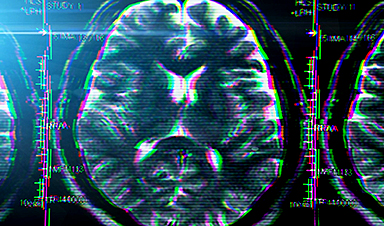
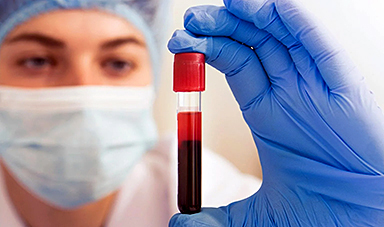








Leave A Comment